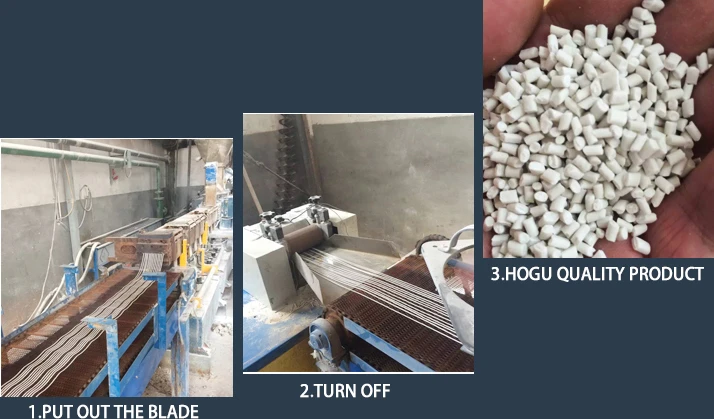



boiler feed water chemical treatment
Chemical Treatment of Boiler Feed Water Ensuring Efficiency and Longevity
The proper treatment of boiler feed water is crucial for the efficient operation and longevity of boiler systems. Water is an essential component in steam generation, yet its quality can significantly affect the performance of boilers. Contaminants in untreated water can lead to a range of problems, including scale buildup, corrosion, and reduced thermal efficiency, which can ultimately result in expensive repairs and downtime.
Boiler feed water treatment involves a series of processes designed to remove impurities and prevent the formation of harmful deposits. These impurities often include dissolved solids, suspended particles, and gases such as oxygen and carbon dioxide. By addressing these contaminants, the chemical treatment of feed water aims to maintain the overall health of the boiler system.
Chemical Treatment of Boiler Feed Water Ensuring Efficiency and Longevity
Another critical aspect of boiler feed water treatment is the control of corrosion. Corrosion can occur on the boiler's metal surfaces when oxygen and carbon dioxide dissolve in the water. This can lead to significant structural damage and potential failures. To minimize corrosion, oxygen scavengers—such as sodium sulfite or hydrazine—are often employed. These chemicals react with dissolved oxygen in the water, effectively removing it and protecting the boiler components from oxidization.
boiler feed water chemical treatment

In addition to scale and corrosion, the presence of suspended solids can also negatively impact boiler performance. These solids can create abrasion and fouling within the boiler system, leading to decreased efficiency. To address this issue, sedimentation, filtration, and chemical coagulation processes are commonly implemented prior to the feed water entering the boiler.
Furthermore, pH control is essential in maintaining the overall health of boiler water. The acidity or alkalinity of the water can significantly influence the solubility of metal ions and the tendency to form corrosive compounds. Typically, a slightly alkaline pH is preferred for steam boilers, and substances like sodium hydroxide or sodium carbonate may be added to achieve the desired pH level.
Regular monitoring and analysis of the boiler feed water quality are vital for effective chemical treatment. Through tests for conductivity, dissolved oxygen, pH, and hardness, operators can make informed decisions about the necessary treatment chemicals required for optimal performance. Advances in water treatment technology, such as automated dosing systems and real-time monitoring tools, have further improved the ability to maintain water quality.
In conclusion, the chemical treatment of boiler feed water is essential to ensure the efficiency, reliability, and longevity of boiler systems. By implementing appropriate chemical doses and processes, operators can effectively mitigate issues related to scale, corrosion, and contaminants. Ultimately, investing in proper water treatment not only enhances boiler performance but also extends the life of the equipment, resulting in cost savings and improved operational efficiency. As industries continue to prioritize sustainability and efficiency, the role of water treatment in boiler operations will only grow in importance.
-
Why Sodium Persulfate Is Everywhere NowNewsJul.07,2025
-
Why Polyacrylamide Is in High DemandNewsJul.07,2025
-
Understanding Paint Chemicals and Their ApplicationsNewsJul.07,2025
-
Smart Use Of Mining ChemicalsNewsJul.07,2025
-
Practical Uses of Potassium MonopersulfateNewsJul.07,2025
-
Agrochemicals In Real FarmingNewsJul.07,2025
-
Sodium Chlorite Hot UsesNewsJul.01,2025










